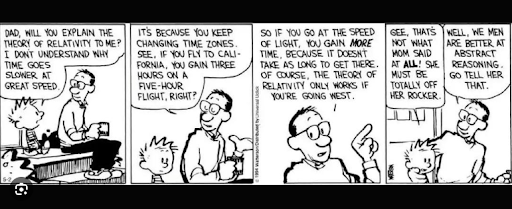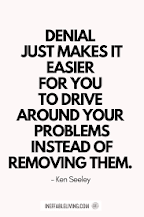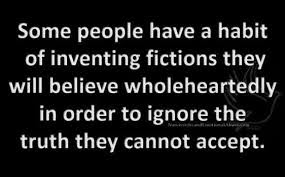Key points about the power of emotion over reason:
Decision-making:
Research shows that emotions play a significant role in decision-making, sometimes even more than rational thought, as they can color our perception of situations and influence our choices.- Emotional triggers:
Strong emotions like anger, fear, or love can quickly activate our emotional response, often leading us to react impulsively without fully considering the situation logically.
- Rationalization:
We often rationalize our emotional responses, justifying our decisions based on logic even when they are primarily driven by feelings.
- Impact of context:
The power of emotion can be particularly strong in high-pressure situations or when dealing with personal matters where emotions are highly involved.
We all like to believe that our rational mind is always in control. But the reality is that it is not always in control. Reason often comes out second best to our emotional triggers. These ingrained and hidden feelings are more powerful than we think, like dormant volcanoes waiting to erupt.
Emotions often trump reason when it comes to accepting the truth. The truth can evoke strong emotional responses such as anger, fear, sadness, or guilt. These emotions can cloud judgment, making it difficult for us to think rationally about the presented information. Instead of considering the facts, we react emotionally, rejecting the truth to protect ourselves from the negative feelings it might provoke. We tend to suppress these emotions triggered by truth and attempt to somehow discard the truth from “our world”.
Emotional reasoning, where people interpret facts based on how they feel rather than on objective reality, is a common defense mechanism. It allows people to avoid the truth by convincing themselves that their feelings are more accurate than the evidence before them. This is why appeals to emotion are often more effective than appeals to logic when trying to persuade someone of a particular viewpoint.
“Your hands are full of blood. Wash yourself, make yourself clean; put away the evil of your doings from before my eyes. Cease to do evil, learn to do well. Seek judgment, relieve the oppressed, judge the fatherless, plead for the widow. Come now and let us reason together, says the Lord. Though your sins be as scarlet, they shall be as white as snow; though they be red like crimson, they shall be as wool. If you are willing and obedient, you shall eat the good of the land, but if you refuse and rebel, you shall be devoured with the sword; for the mouth of the Lord has spoken it.” (Isaiah 1:3 RE)
“And even so, I have sent mine everlasting covenant unto the world, to be a light to the world and to be a standard for my people, and for the gentiles to seek to it, and to be a messenger before my face to prepare the way before me. Wherefore, come you all unto it and with him that comes I will reason, as with men in days of old, and I will show unto you my strong reasoning” … (T&C 31:3 RE)
“Study to learn how to respect your brothers and sisters and to come together by precept, reason, and persuasion, rather than sharply disputing and wrongly condemning each other, causing anger. Take care how you invoke my name. Mankind has been controlled by the adversary through anger and jealousy, which has led to bloodshed and the misery of many souls. Even strong disagreements should not provoke anger, nor to invoke my name in vain as if I had part in your every dispute. Pray together in humility and together meekly present your dispute to me, and if you are contrite before me, I will tell you my part.” (T&C 157:54 RE)
… “the Lord sent forth the fullness of his gospel and his everlasting covenant, reasoning in plainness and simplicity to prepare the weak”... (T&C 58:7 RE)
… “The atonement process is Christ reasoning with, persuading, and forgiving each repentant sinner on an ongoing basis to redeem them” ... (T&C Glossary: Atonement)
I think reasoning is generally a harder task, which is probably the reason why so few engage in it.
In questions of science, the authority of a thousand is not worth the humble reasoning of a single individual. - Galileo Galilei
Where all is but dream, reasoning and arguments are of no use, truth and knowledge nothing. - John Locke
We live in an epoch where rational reasoning associated with evidence isn't universally accepted and is, in fact, in jeopardy. That worries me a lot. - Rainer Weiss
That deep emotional conviction of the presence of a superior reasoning power, which is revealed in the incomprehensible universe, forms my idea of God. - Albert Einstein































